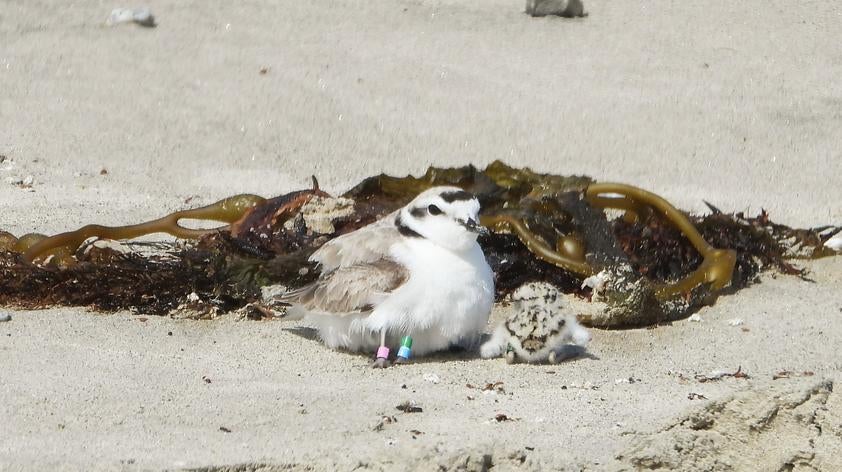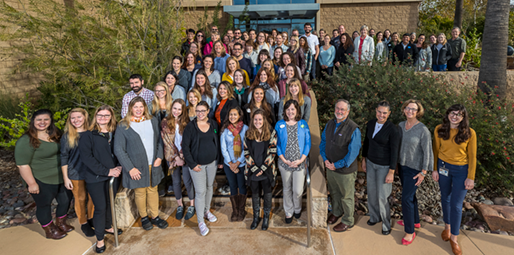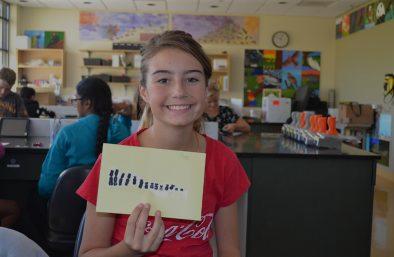
A happy Father’s Day to all, including western snowy plover ‘dads’
As biologists, we are trained to avoid anthropomorphizing animals and their behaviors. However, today I am going to make a special exception in wishing one of our local species’ dads a Happy Father’s Day!
This species is none other than the western snowy plover, a shorebird that lives here in San Diego year-round and nests on many of our beaches from March until September. Male western snowy plovers are not unique among birds in assisting females with the incubation of eggs; in truth, it is quite common. For example, the California least terns, another beach-nesting bird species I study, both males and females participate in incubation and chick rearing responsibilities.
So, what makes male western snowy plovers great dads? Well, they take on the responsibility for all chick rearing duties. The female, if time permits in the breeding season, will leave her mate, a presumably awesome and trust-worthy father, to care for the chicks within a few days after hatching, and she will then pair with another male (a future dad) and lay another set of eggs!
This leaves the male western snowy plover to care for and ensure the survival of up to three chicks until they fledge (can fly), which can take a minimum of 28 to 30 days. While his chicks are young and covered in downy feathers, the male helps regulate their temperature by brooding them. The tiny chicks can all fit underneath the male easily at first. However, as the chicks get older and bigger, it’s harder for all of them to stuff themselves underneath him at the same time. It makes you smile to watch as he tries to accommodate them all, looking like a weird, puffed-up, eight-legged bird.
Male western snowy plovers do not need to provide food for their chicks as many other bird species do. However, they do guide their chicks to foraging grounds and keep a watchful eye on them while they eat. This of course becomes more difficult as the chicks get older and bolder, and spread out more, reducing the male’s ability to warn them of danger such as predators, humans, and their dogs. While his chicks are young, the father will call to them and they will lay down to hide. Once they are safely hidden, the male will run away to a safe distance, and pretend he is injured to lure the danger away from his vulnerable chicks. As the chicks get older and can run faster, he will quickly lead them away.
So, although male western snowy plovers might not be famous bird dads like the emperor penguin, they do play a crucial role in the survival of the species and should be celebrated on this and every Father’s Day
Photo above: A western snowy plover male broods his chicks, which are often well-hidden, except for some clues, such as the extra legs if one observes closely. (Photo by Rachel Smith, courtesy of Marine Corps Base Camp Pendleton).













